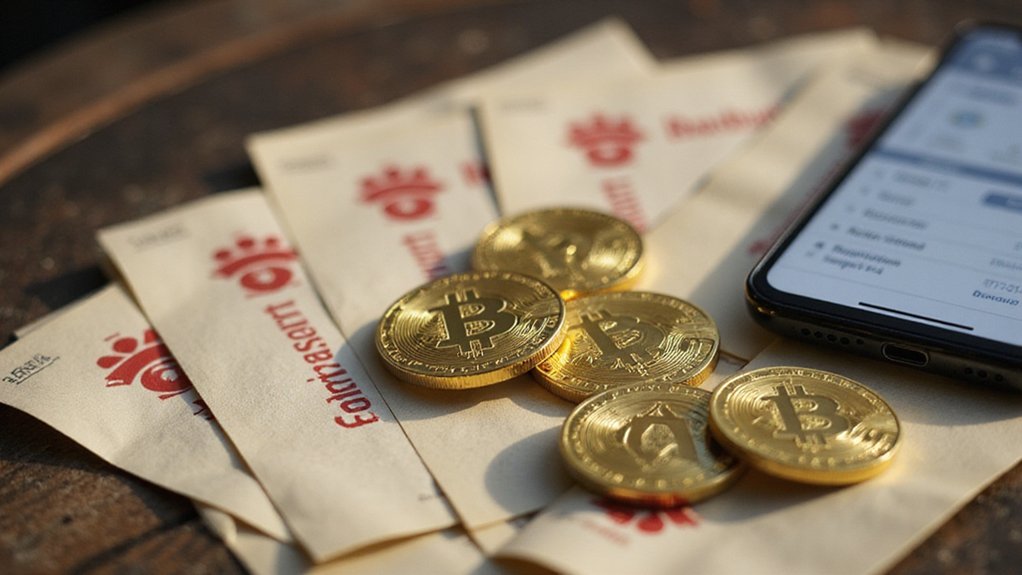How exactly does one challenge the established order of blockchain infrastructure when most enterprise attempts have fallen somewhere between underwhelming and catastrophically overhyped? Google Cloud appears convinced that the answer lies in Google Cloud Universal Ledger (GCUL), a Layer 1 blockchain network currently traversing its private testnet phase with the methodical precision one might expect from a company that has mastered the art of incremental dominance.
The platform targets enterprise and financial institutions with Python-based smart contracts—a invigoratingly pragmatic choice that sidesteps the esoteric programming languages that have historically deterred mainstream developer adoption. Rather than reinventing computational wheels, Google leverages its existing cloud infrastructure expertise to deliver what they term “credibly neutral” blockchain infrastructure, enabling multiple stablecoin issuers to operate without ecosystem bias (a not-so-subtle dig at Circle’s Arc and similar platform-tied solutions).
GCUL’s competitive positioning directly challenges established payment platforms like Ripple and Stripe, targeting a stablecoin transaction market projected to exceed $30 trillion by 2026. The platform offers fixed monthly operational fees and private-permissioned operations designed to reduce counterparty risk—addressing compliance concerns that have plagued institutional blockchain adoption with surgical precision.
Technical capabilities include Google’s Blockchain Node Engine service, which automates node provisioning, monitoring, and upgrades while offering multi-regional deployment flexibility. The infrastructure supports customizable API keys with rate limits and security mechanisms including TLS and Cloud Armor protection against DDoS attacks, suggesting Google understands that enterprise clients require more than blockchain buzzwords.
The partnership with CME Group for pilot testing tokenized products and wholesale cross-border payments provides vital validation in regulated financial environments. This collaboration aims to position GCUL as infrastructure backbone for compliant asset tokenization workflows—a market opportunity that has tantalized financial institutions despite persistent regulatory ambiguity.
Whether GCUL represents genuine innovation or merely Google’s characteristically calculated entry into blockchain markets remains to be determined. However, the company’s systematic approach to private testing, enterprise-focused features, and leveraging existing infrastructure advantages suggests a more mature strategy than the typical blockchain venture’s approach of building castles in the air before laying foundations. Meanwhile, established platforms like OSL Exchange continue to demonstrate that regulated cryptocurrency trading infrastructure can successfully bridge institutional and retail markets through comprehensive services including insured custody and OTC trading solutions.








